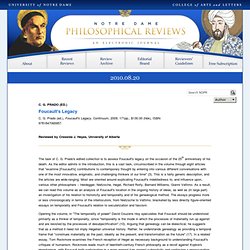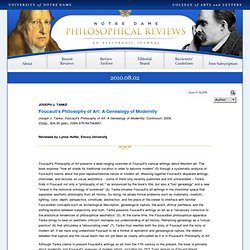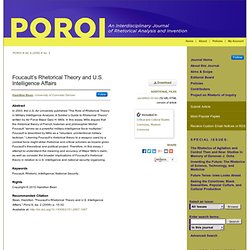

New Whitepaper Outlines mHealth’s Potential for Serving Hispanic Populations. HolaDoctor and 3Cinteractive have released a new whitepaper discussing the potential mobile communication has for affecting health within Hispanic populations.

As leading providers of Hispanic health programs, products, and services and mobile software and services respectively, HolaDoctor and 3Cinteractive’s whitepaper, “Improving the Health of Hispanics Using Mobile Technology,” identifies why mHealth is distinctly useful in many Hispanic populations. The whitepaper outlines the positive and negative aspects of today’s mobile technology and the increase in ROI associated with improving medication adherence in Hispanic populations. With numbers totaling over 50.5 million, the Hispanic population represents the nation’s largest minority. However, the whitepaper points to data that shows that Hispanic populations are often associated with higher rates of chronic disease and lower rates of medication adherence. Foucault’s and Arendt’s ‘insider view’ of biopolitics: a critique of Agamben (2010) The Hermeneutics of the Subject ...
Foucault Studies. C. G. Prado (ed.) - Foucault's Legacy - Reviewed by Cressida J. Heyes, University of Alberta - Philosophical Reviews - University of Notre Dame. The task of C.

G. Prado's edited collection is to assess Foucault's legacy on the occasion of the 25th anniversary of his death. As the editor admits in the introduction, this is a vast task, circumscribed in the volume through eight articles that "examine [Foucault's] contributions to contemporary thought by entering into various different conversations with one of the most innovative, enigmatic, and challenging thinkers of our time" (3).
This is a fairly generic description, and the articles are wide-ranging. Most are oriented around explicating Foucault's indebtedness to, and influence upon, various other philosophers -- Heidegger, Nietzsche, Hegel, Richard Rorty, Bernard Williams, Gianni Vattimo. In "A philosophical shock: Foucault reading Nietzsche, reading Heidegger," Babette Babich argues that any reading of Foucault must incorporate readings of both Nietzsche and (a "very French") Heidegger, rather than one at the expense of the other. Joseph J. Tanke - Foucault's Philosophy of Art: A Genealogy of Modernity - Reviewed by Lynne Huffer, Emory University - Philosophical Reviews - University of Notre Dame. Foucault's Philosophy of Art presents a wide-ranging overview of Foucault's various writings about Western art.

The book explores "how art sheds its traditional vocation in order to become modern" (5) through a systematic analysis of Foucault's claims about the post-representational nature of modern art. Weaving together Foucault's disparate writings, interviews, and lectures on visual aesthetics -- some of them only recently published and still untranslated -- Tanke finds in Foucault not only a "philosophy of art," as announced by the book's title, but also a "lost genealogy" and a new "strand in the historical ontology of ourselves" (4). Tanke situates Foucault's art writings in the interstitial space that separates aesthetic philosophy from art history. To be sure, to say that modern art is post-representational is hardly a new insight. Indeed, the bulk of 20th-century writing on art, from R.
On the first point: what is the relation between resemblance and representation? Notes. Poroi. Abstract In 2003, the U.S.

Air University published “The Role of Rhetorical Theory in Military Intelligence Analysis: A Soldier’s Guide to Rhetorical Theory” written by Air Force Major Gary H. Mills. In this essay, Mills argues that the rhetorical theory of French historian and philosopher Michel Foucault “serves as a powerful military-intelligence force multiplier.” Foucault is described by Mills as a “reluctant, unintentional military tactician.” Keywords Foucault, Rhetoric, Intelligence, National Security Rights Copyright © 2010 Hamilton Bean. Materiali Foucaultiani.